From Taboo to Mainstream: One Resident's Experience with Legal Cannabis in Michigan
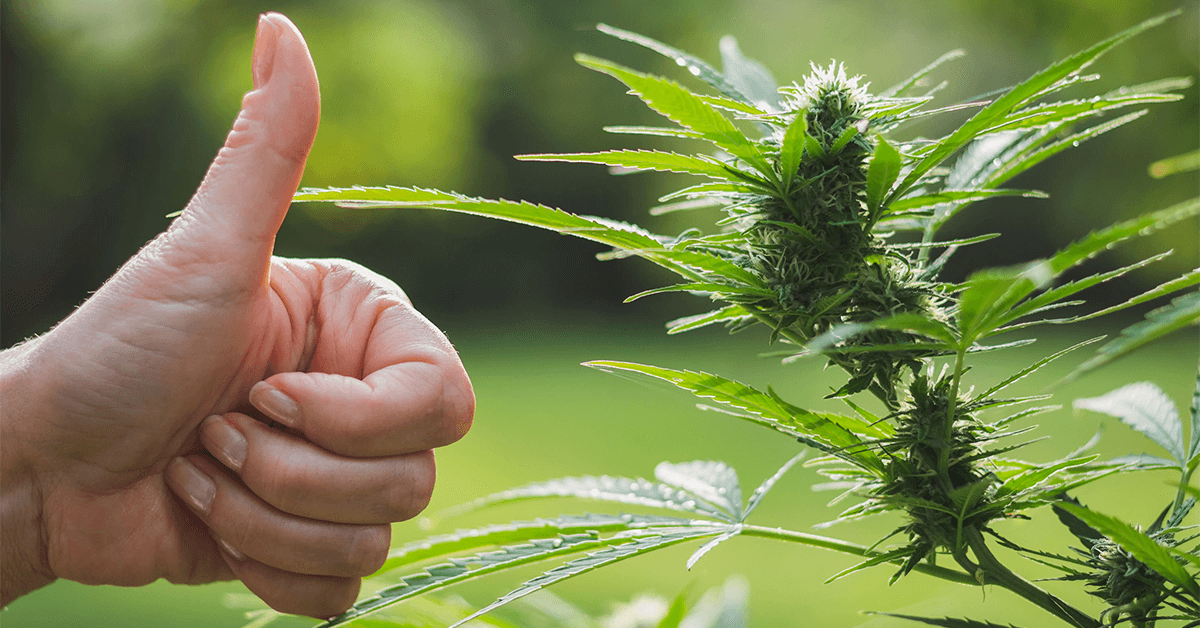
Welcome to our guest post section, where we invite members of our community to share their personal stories and perspectives on various topics. Today, we feature a piece from a local resident who explores their firsthand experiences with Michigan's legal cannabis landscape. This narrative not only recounts personal experiences and shifts in perception but also delves into the broader implications of cannabis legalization in our community, particularly focusing on the recent debates in Bad Axe. We hope this piece offers valuable insights and fosters understanding of the ongoing discussions surrounding cannabis in Michigan.
In early 2020, Michigan embarked on a new chapter as recreational cannabis sales became legal, marking a significant shift in the state's approach to cannabis. My own journey into this new legal landscape began somewhat unexpectedly, accompanying a friend to a dispensary in Bay City. This excursion was driven primarily by curiosity, a sentiment perhaps shared by many of my generation—Generation X—for whom cannabis had always been something of a forbidden fruit.
Growing up during the height of the "Just Say No" campaign, my interaction with cannabis was limited and shrouded in taboo. It was the thing from which we were meant to steer clear, and I largely complied. My career aspirations loomed large, and the risks associated with drug use seemed to far outweigh the allure. Though I experimented briefly—once or twice perhaps—I found neither the effects nor the characteristic skunky odor particularly appealing. Thus, for years, my distance from cannabis remained comfortably wide.
However, the experience of walking into a legally sanctioned cannabis dispensary was vastly different from the cloak-and-dagger dealings that characterized the underground cannabis culture of my youth. The dispensary in Bay City was as professional as any medical office I had visited. We presented our driver's licenses at the reception and waited, much like one might for a doctor's appointment. The atmosphere was clinical, controlled, and entirely legitimate, with security measures akin to those of a private club or restricted area, ensuring that only verified customers could access the sales floor.
Here, we were introduced to the budtender—a term I learned that day—who served as a guide through this new world of legal cannabis. The budtender was knowledgeable and patient, explaining the distinctions between indica and sativa strains, and walking us through an array of products from dried flower to edibles and concentrates. This educational aspect of the dispensary visit was enlightening; it contrasted sharply with the secretive whispers and hurried transactions of the past.
Surprisingly, I found myself making a purchase—a vape pen and a couple of glass cartridges filled with cannabis oil. Perhaps it was the novelty of the experience, or the simple human inclination to partake in something once forbidden now made permissible, that led me to buy these items. The irony of receiving a free joint simply for walking through the door was not lost on me—a token that would have been unimaginable in my youth.
Later that evening, as we drove back to Bad Axe, a moment of panic set in when we encountered a police roadblock. The fear, irrational yet visceral, that we might be arrested despite the legality of my purchase, underscored the deep-seated anxieties instilled by decades of prohibition. It turned out, however, that the roadblock was for a far less nefarious and rather humorous reason—a large pig had escaped its confines and was causing havoc on the road. This absurd interruption provided a moment of comic relief to an otherwise tense journey.
Despite the initial intrigue and the humorous end to our trip, my venture into the world of legal cannabis did not convert me into a consumer. The products I purchased sat unused, tucked away in a drawer, only to be discovered and discarded years later. My personal experience with cannabis remained consistent with my initial impressions; it simply wasn't for me.
This personal narrative intersects with a broader community conversation that took place recently in Bad Axe. The local planning commission held a public hearing to discuss whether the city should allow the sale of recreational cannabis. The majority supported legalization, highlighting the potential to combat the black market, the medicinal benefits of cannabis, and the safety of regulated products. A few voices of dissent expressed concerns about potential negative impacts on the community, reflecting the ongoing debate surrounding cannabis legalization.
The fiscal arguments in favor of allowing cannabis sales were particularly persuasive for many. With the costs of municipal services ever-rising, the tax revenue generated from cannabis sales presents an attractive opportunity for economic growth. This revenue could support public services and contribute to community development, providing a pragmatic reason to support local dispensaries.
Moreover, the opportunity to pioneer recreational cannabis sales in Huron County could position Bad Axe as a trailblazer, potentially attracting tourists and bolstering the local economy. The freedom for residents to legally purchase and consume cannabis within their community, without the need to travel to neighboring counties, underscores a shift towards normalizing cannabis—a trend reflected statewide and nationally.
As this debate unfolds, it may be beneficial for members of the Bad Axe City Council and Planning Commission to visit a dispensary themselves, perhaps in the nearby town of Caro. Such visits could demystify the operations of dispensaries and provide firsthand insight into the regulated cannabis market. Understanding the business and regulatory aspects of dispensaries could inform more balanced discussions about their potential impact and benefits.
This evolving landscape of cannabis legality in Michigan represents not just a shift in legal policy but a significant cultural shift as well. As communities like Bad Axe navigate these changes, the conversations will undoubtedly continue, reflecting the diverse opinions and experiences of their residents. For those of us who grew up under the specter of prohibition, this new era of openness and regulation offers a fascinating glimpse into how societal attitudes towards cannabis are transforming.
Share this article:
Spotted a typo, grammatical error, or a factual inaccuracy? Let us know - we're committed to correcting errors swiftly and accurately!
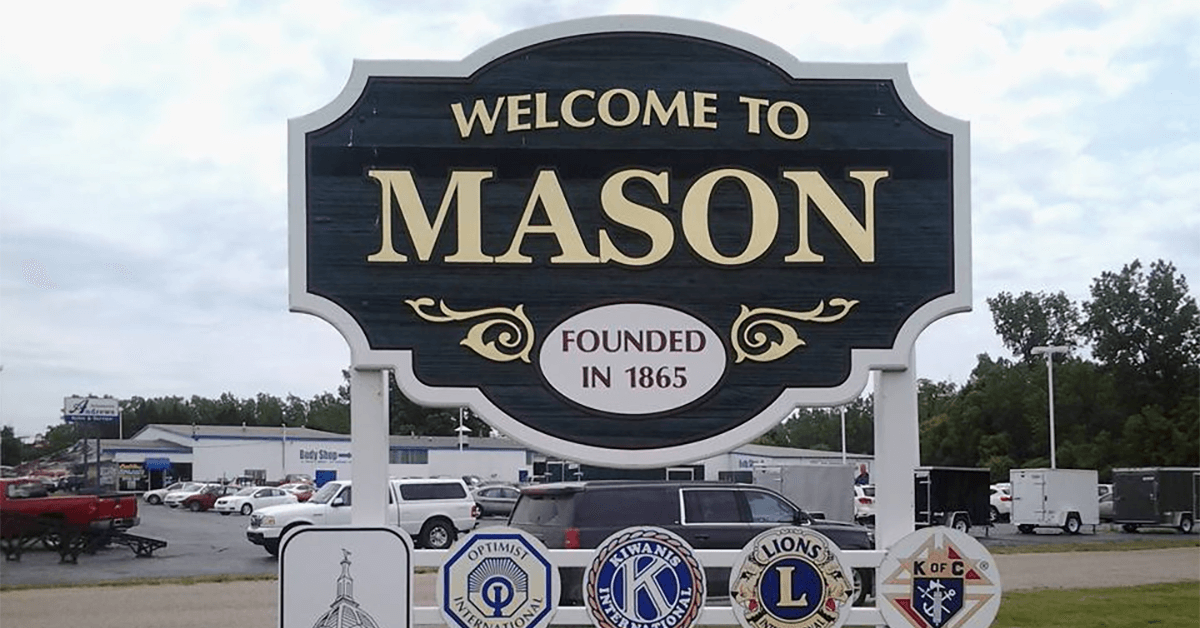

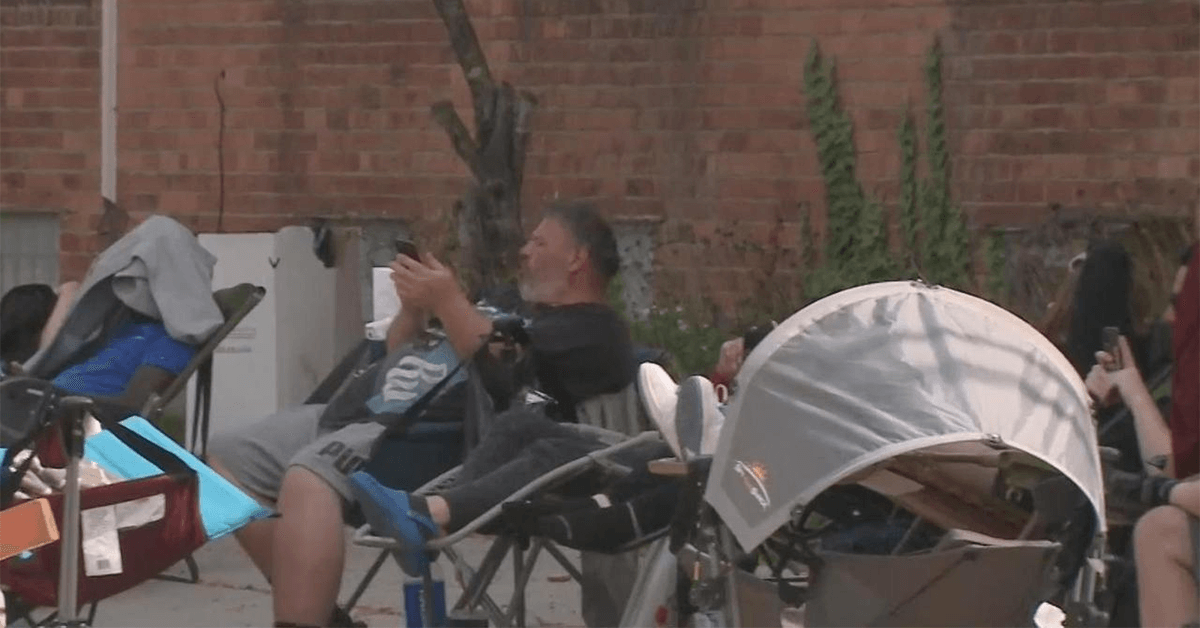
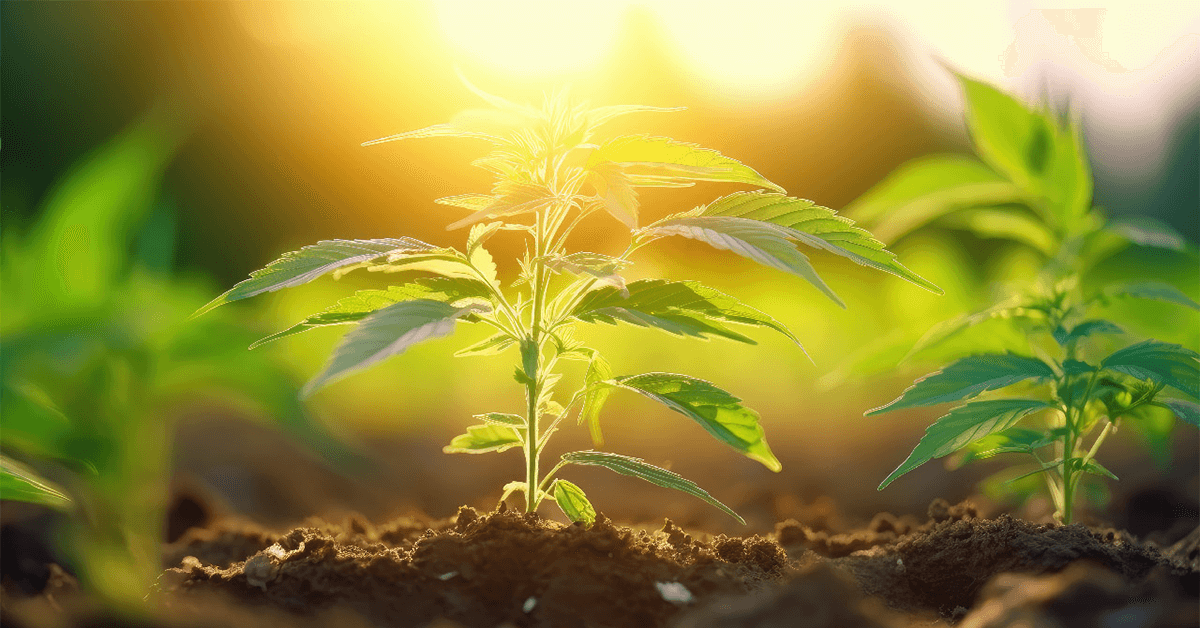
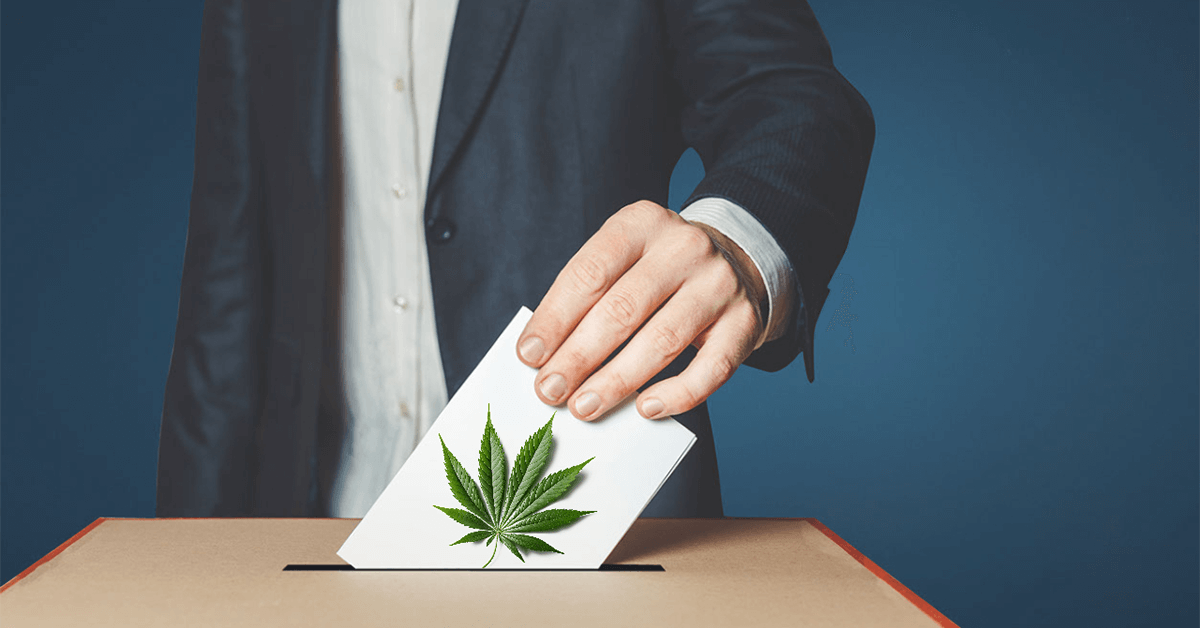



 Helpful Links
Helpful Links